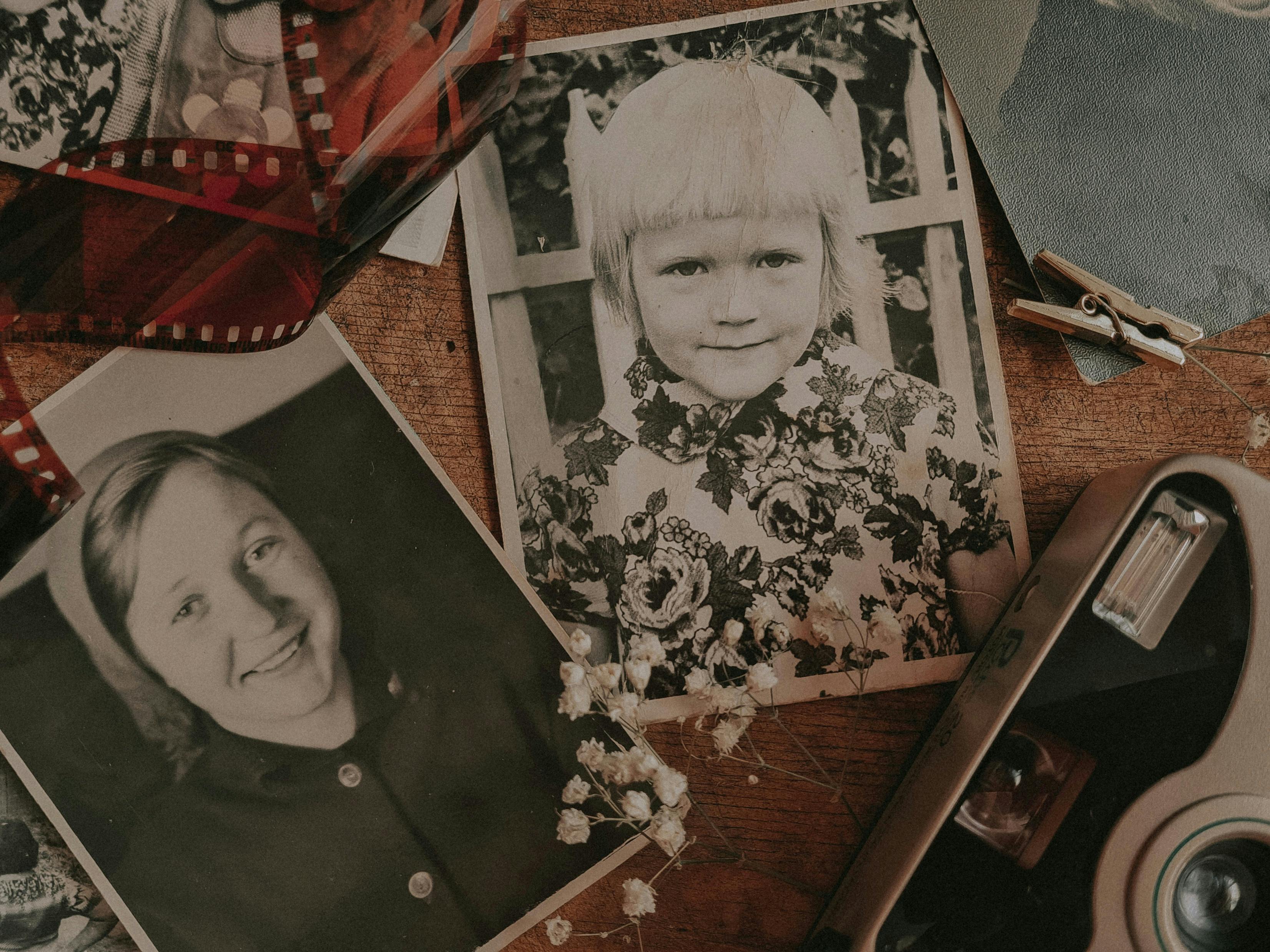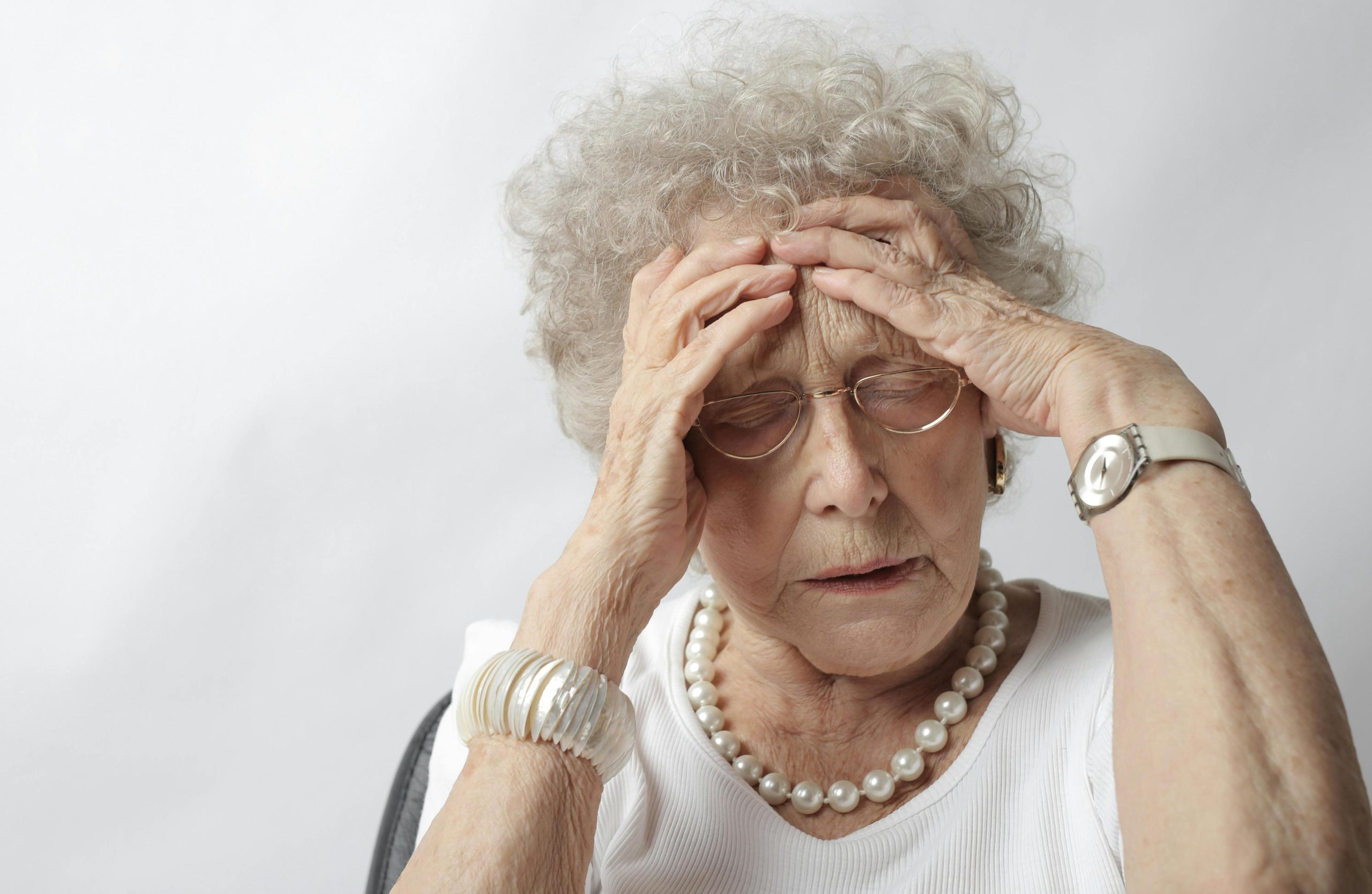An experimental antibody therapy offers the possibility of slowing the advance of Alzheimer’s, while thousands of families in Spain live daily with the disease that erases memories and consumes identities.
By Ehab Soltan
HoyLunes – “My mother looks at me, smiles, but she doesn’t always know who I am”, says Laura, 48, as she adjusts a blanket over her mother’s legs on the sofa. The scene is repeated in countless Spanish homes: family photographs hanging on the wall, an album open on the table, memories that seem tangible… except for the one who has lost them.
Alzheimer’s does not only take away the memory of the one who suffers it: it also disrupts the lives of those around them. Children who become caregivers, spouses who face loneliness within silent company, grandchildren who ask why grandma no longer remembers their name.
In Spain, Alzheimer’s affects more than “800,000 people” (according to patient association estimates), although the real number is believed to be higher due to undiagnosed cases in early stages. It is the main cause of dementia, a disorder that, altogether, affects 1.2 million Spaniards, and it is also one of the main causes of dependency and the most frequent neurodegenerative disease.

The economic cost is equally colossal: exceeding “20,000 euros per year per patient” is not unusual, between medical care, nursing homes, home care, and the dedication of relatives. However, the hardest to measure is the emotional price: sleepless nights, professional sacrifices by caregivers, tears held back behind a daily smile.
Spain is not alone in this challenge. Worldwide, more than 55 million people live with dementias, and the figure will double in two decades if effective solutions are not found. The arrival of a new drug, in this context, becomes a dim but necessary light.
The experimental treatment, based on monoclonal antibodies, does not promise to recover what has been lost. Its contribution is more modest but crucial: slowing the progression of the disease, delaying the loss of autonomy and the disconnection from the environment.
Clinical trials show that acting in the early stages of Alzheimer’s is essential. Where deterioration once advanced unchecked, now arises the possibility of gaining months or even years of quality of life. For families, those months mean conversations that can still happen, walks still shared, moments that do not fade so quickly.
Science continues to explore parallel paths: gene therapies, biomarkers for earlier diagnosis, cognitive stimulation programs to accompany medication. The horizon is not yet a cure, but rather a change in the trajectory of the disease.
In continental Europe, the European Medicines Agency (EMA) evaluates whether the benefits prevail in using this drug, which does not stop but does significantly slow the progression of cognitive decline caused by Alzheimer’s, and rules out health risks.

Spain has a public healthcare network that comprehensively cares for Alzheimer’s patients, and a strong associative fabric that supports families. Local associations, foundations, and day centers are the visible arms of a society that has made caregiving a shared priority.
The challenge lies in how to articulate these new treatments within a healthcare system that always seeks to balance equity and sustainability. The question is not only scientific: it is also social. Who will have access first? How will it be ensured that it is not a privilege but a right?
Experts agree: success will not depend only on the drug, but on a comprehensive approach that includes early diagnosis, caregiver support programs, community resources, and specialized training.
“If this drug had been available earlier, perhaps my father would still be telling me the stories of when he was young”, says Javier, 52. He does not say it with reproach, but with a sigh that mixes hope and nostalgia.

In associations, many relatives share that feeling: it is not about a miraculous cure, but about an opportunity to gain time. And time, when memory escapes, is the most valuable thing.
Alzheimer’s reminds us, harshly, that human identity is made of memories. When these dissolve, the emptiness confronts everyone: patients, families, and society.
The arrival of a new drug does not close the chapter of the disease, but it does open a different page. A page written with hope, science, and humanity.
Perhaps the challenge now is not only scientific, but profoundly social: how do we accompany those who forget, while we learn as a society not to forget them?
#hoylunes, #alzheimer, #ehab_soltan,



